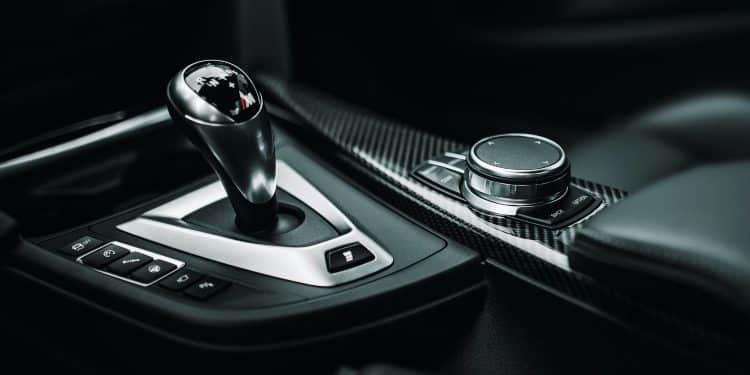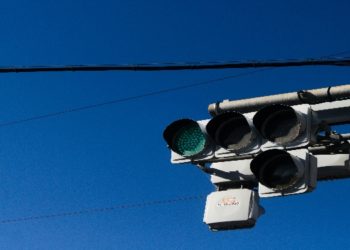More people than ever are choosing to learn to drive in an automatic car. In 2021, just 13% of people took a practical test which then jumped to 29% in 2022! With this in mind, should you learn to drive in an automatic car too? If you’re already on the road, should your next car be an automatic one? The guide below has been designed to help you decide whether you should get an automatic car on finance and if it will benefit your lifestyle. There’s also a lot of misconceptions around automatic cars being too expensive, so we explore the cost of owning and running an automatic car too. Let’s take a look.
How do automatic cars work?
Instead of having a gear box and changing through the gears like a manual transmission, automatic cars have no gearbox and instead changes through the gears for you. Automatic cars do have a centre console with one gearstick but has the following controls, R (reverse), D (drive), N (neutral) and P (park). When you’re ready to head off, put the car into Drive and the car will change through the gears to suit your speed for you. At the end of your journey, when the car has stopped moving and you want to use the handbrake, put the car into Park. Neutral can be used when the car is not moving, and Reverse is used when the vehicle is required to travel backwards. There’s also no need for a clutch pedal in an automatic car and you will only need to use the brake and accelerator.
Benefits of driving an automatic car
For many people, there are many benefits to driving an autonomic car which makes owning one a no brainer.
- Easier to drive. If you’re learning to drive in an automatic car, it can be easier than a manual one. Whilst on the road, there’s no need to worry about which gear you are in and gives the driver more freedom to concentrate on the road ahead. It’s also better to drive when in stop start traffic as there’s no need to keep your leg on the clutch and no constant changing of gears.
- More reliable. Gearboxes and clutch pedals can need fixing at any time and the cost to repair can be expensive – both of which are associated with manual cars. Automatic cars are more reliable because there’s fewer working parts moving at once which reduces the likelihood that something needs to be fixed.
- More efficient. When automatics first hit the market, they weren’t as efficient as manual cars but in recent years and the emergence of new technology. Now, automatic cars close the gap and can be more efficient than manual cars. All hybrid and electric cars also use automatic transmissions and are well known for being cost effective and more eco-friendly.
Are automatics more expensive?
It’s a common misconception that automatic cars are more expensive in all areas. Whilst they can in some ways, let’s take a look at some popular automatic car myths.
- Purchase price
If you compare model for model, usually an automatic version tends to have a higher purchase price. This can be due to the modern technology used and a more up market feel. However, if you want to keep costs low, you can spread the cost with finance or take advantage of the used automatic car market. Check your chances of getting finance with a free car finance check.
- Insurance premiums
Car insurance premiums on automatic cars can be higher due to the higher claims cost and higher price of automatic gearboxes. However, with automatic cars becoming more popular in recent years, it won’t set you back too much.
- Refuelling
Whether your automatic car will cost you more to refuel may depend on the make and model you choose. However, automatic cars can now produce the same fuel economy figures when compared to their manual competitor.
- Repairs and maintenance
As mentioned above, in some cases it can cost more to repair an automatic gearbox due to the modern technology used. However, with less moving parts involved, there can be a decreased likelihood that an automatic car would need fixing as often.
David Prior
David Prior is the editor of Today News, responsible for the overall editorial strategy. He is an NCTJ-qualified journalist with over 20 years’ experience, and is also editor of the award-winning hyperlocal news title Altrincham Today. His LinkedIn profile is here.


![7 Best POS Software in the UK [2026 Edition]](https://todaynews.co.uk/wp-content/uploads/2026/02/7-Best-POS-Software-in-the-UK-2026-Edition-360x180.png)









































































